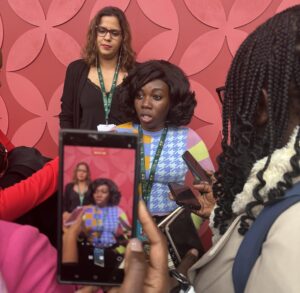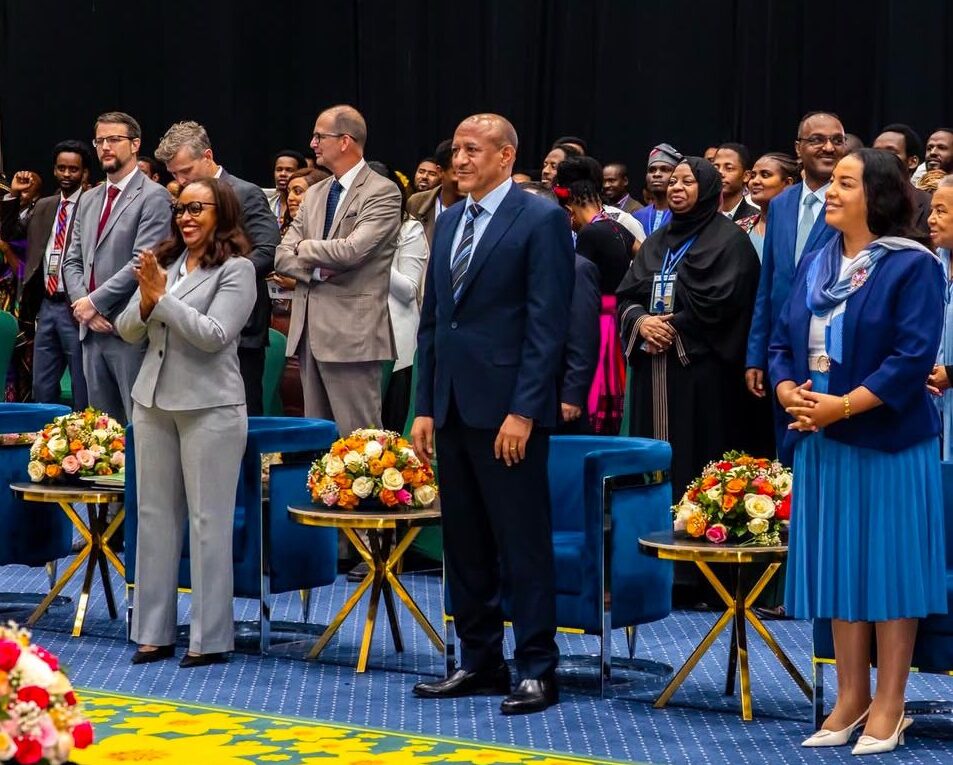Addis Ababa, Ethiopia— The curtains have fallen on the second Africa Climate Summit (ACS2), but the echoes are anything but quiet. From government corridors to grassroots movements, the message resounding through the halls of Addis Ababa was clear, Africans are done waiting.
This year’s summit sharpened focus on the just transition, climate finance, and Africa’s mineral wealth. Yet, behind the polished declarations and photo ops, civil society, campaigners, and faith leaders delivered a firestorm of unfiltered truths.
Speaking to the Liberal news network, Dean Bhekumuzi Bhebhe of Power Shift Africa warned that declarations mean little without dignity. Bhebhe said, “Finance without fairness is fragile. Africa is no longer waiting to be invited to the future. We are building it now.”
With the same tone, Amos Wemanya from Greenpeace Africa said, “A just transition is not only about renewable energy. It is about fairness.” Wemanya insisted that, ” Without holding polluters accountable, Africa risks carrying the burden of climate action on its shoulders while the biggest emitters continue business as usual.”
Likewise, Dr. Mfoniso Xael of HOMEF slammed carbon markets as “false fixes,” while Nafi Quarshie of NRGI celebrated the recognition of minerals but cautioned against “repeating past mistakes” of extractivism.

The climate justice activists were unfiltered. In particular, Mwenya Chitambala of the Laudato Si Movement said, “A just transition cannot be imposed from the top it must rise from the grassroots.” Chitambala lauded that “In Africa, the Church is more than just a place of worship, it is the heartbeat of the community.”
Accordingly, Rajneesh Bhuee of Recourse said that there is a clear line between justice and hypocrisy. Bhuee insisted that, “Africa cannot solve a crisis it did not cause with loans that deepen debt.” He also stated that Africa needs grant-based finance, not gas-fueled false solutions.”
The chorus for a just transition resounded, and most of the civil society actors and activists who attended insisted that Africa’s renewable potential is vast, its communities resilient, and its leaders ambitious. The activists agreed that without accountability, taxing polluters, regulating extractive industries, and embedding justice into finance declarations risk long historical promises for a just transition will be forever deferred.
Although the second Africa Climate Summit has concluded, the battle lines for COP30 in Belém are already drawn. African climate justice activists insist that the time for empty frameworks is over.

